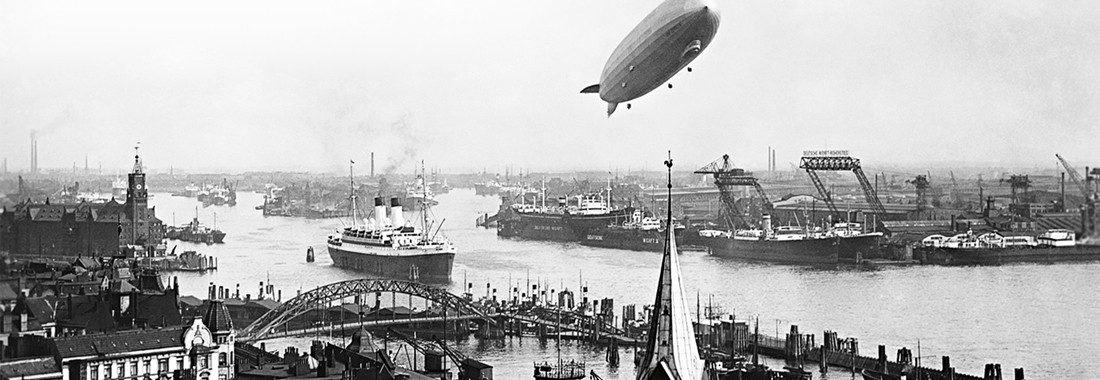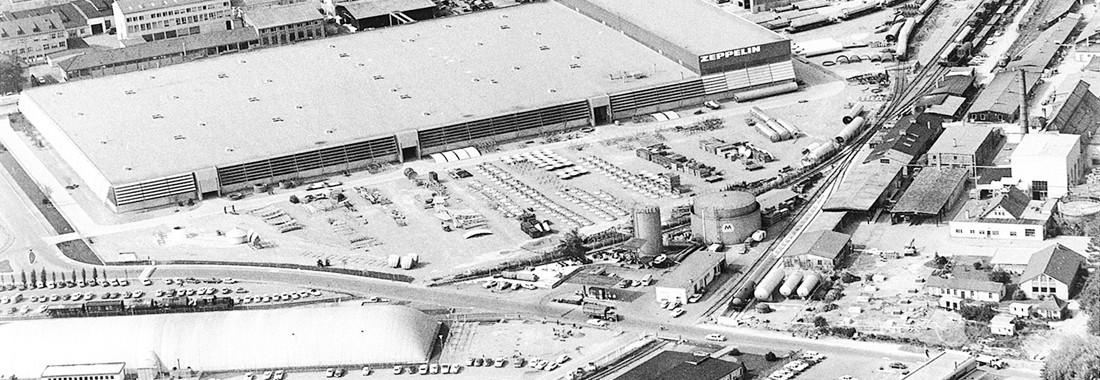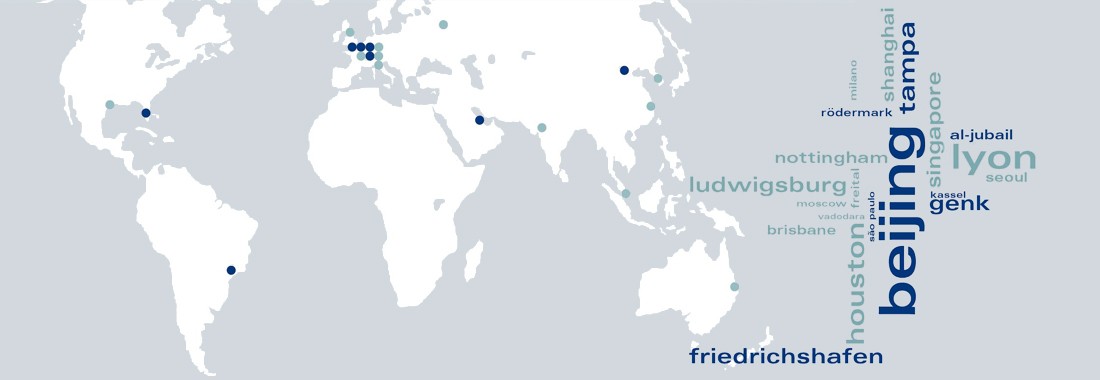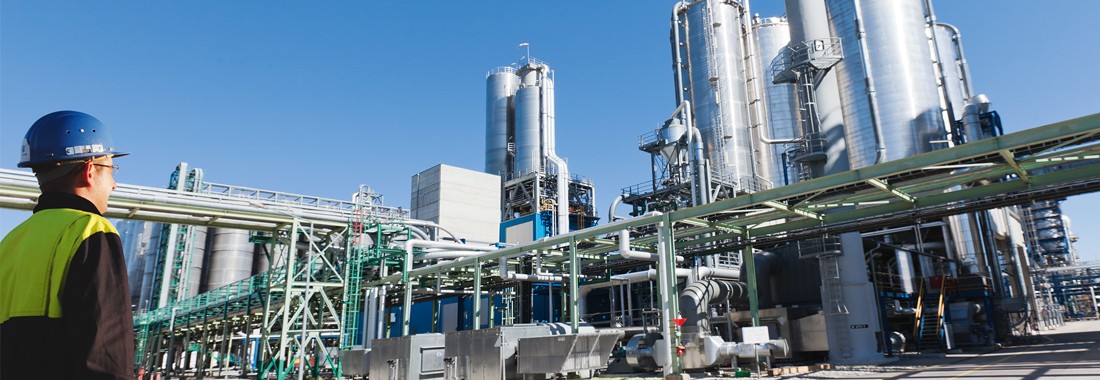History
From a local tank manufacturer to an international engineering company
Everyone knows the story about Graf Zeppelin’s airships that bore his name. The historic flights, but also the Hindenburg tragedy will always remain in people’s memories.
Change as an opportunity
The history of the large aviation company is closely linked to the history of Zeppelin Systems GmbH, because the downfall of one resulted in the rise of the other.
In 1947 the Allied military administration ordered the dismantling and foreclosure of the aviation group. With no production facilities, the end of the Zeppelin organisation seemed inevitable. However, giving up was not an option for the proud Zeppelin employees. The company focused on the wealth of know-how that had been acquired in the production of airships. Great masterpieces had been achieved, particularly in aluminium processing technology. Therefore, Metallwerke Friedrichshafen GmbH was founded and a new start was made with the production of lightweight structures and large containers for the chemical industry.
Growth opportunities exploited
Success was not long in coming. Zeppelin silos very quickly had an excellent reputation in the market. Over the years, the portfolio was extended to include other key components for the bulk material industry. The company gradually developed into a specialist for the storage, conveying, mixing, metering and weighing of high-quality bulk materials.
Subsidiaries were founded in Belgium, Italy, India, Singapore, the USA, Brazil, Saudi Arabia, South Korea, England and China. The company’s business areas were substantially expanded at the dawn of the new millennium through strategic alliances and acquisitions.
Polyolefin Plants, Plastic & Rubber Plants, Food Plants and Mixing Technology are handled by the industry sectors, in which we “feel at home.” Zeppelin is now the world’s leading plant engineering company for the handling of high-quality bulk materials.
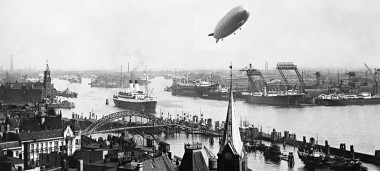
1908
Graf Ferdinand von Zeppelin founded Luftschiffbau Zeppelin GmbH in Friedrichshafen (1838–1917). He was able to found the company as the result of a spectacular fundraising campaign following a storm in which his fourth airship was completely destroyed. At six million Reichsmarks, the donation towards the airship was the largest voluntary fundraising campaign in the German empire and was not only used as start-up capital for Luftschiffbau Zeppelin GmbH but also enabled Graf Zeppelin to set up a foundation. To this day, the Zeppelin Stiftung (foundation) is also involved in Zeppelin GmbH through Luftschiff Zeppelin GmbH.
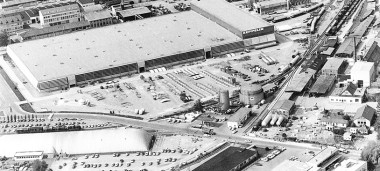
1950
Following the complete destruction of Zeppelin's production facilities during the Second World War, the company Metallwerke Friedrichshafen GmbH, which later changed its name to Zeppelin Metallwerke, was established in 1950 and in 1995 became Zeppelin GmbH as it is known today. It introduced a completely new direction to its business activities – initially successful in the area of container and component construction.
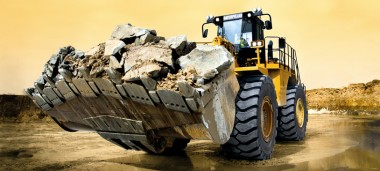
1954
Zeppelin succeeded in securing an exclusive agreement for the rights to sell and service Caterpillar construction machinery in West Germany. A new business field was established, setting a milestone in the company's history.
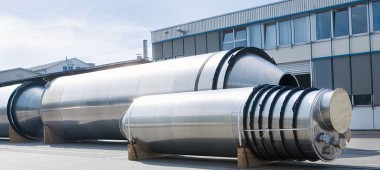
1987
The growth of the petrochemical industry in Brazil led to increased demand for local supplies for silo and conveying technology. Based on the partnership with Johannes Möller, JMB was generated by a takeover in 1987, which is today Zeppelin Systems Latin America Equipamentos Industriais Ltda with sales, engineering and fabrication of components in São Paulo.

1988-1998
Subsidiaries were established in the markets relevant for the petrochemical industry (Belgium, Italy, India, Singapore, the USA) due to Zeppelin's increased involvement in international plant engineering. This enabled the company to provide project management in close proximity to its customers. The site in Belgium for the construction of silos was built right by the water, not only to provide improved access to the petrochemical industry in Belgium and Holland but also above all to allow direct shipment by water.
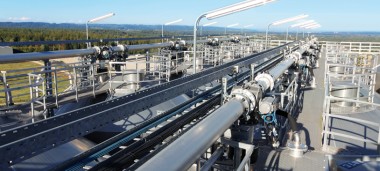
1992
Pneumatic conveying as a core expertise in bulk material plant engineering became an integral part of Zeppelin's know-how through the acquisition of AVT Anlagen- und Vertriebstechnik GmbH. This enabled the company to make its first inroads into international plant engineering.
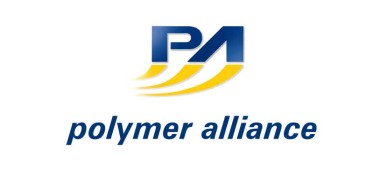
2001
A partnership with JSW for extruders and H&B for packaging technology was established under the name of Polymer Alliance to complete the value-added chain for the design and construction of polymer systems. As a sole supplier, Polymer Alliance thus enabled the delivery of complete systems for "downstream of the reactor" from a single source.
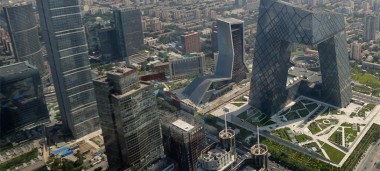
2003
With the growth in China, particularly in the area of polymer production, it became necessary to transfer the business from a representative office into the company's own business, especially for the awarding of local contracts. Zeppelin China Beijing was founded.

2004
As part of the strategic expansion of its plant engineering activities, Zeppelin consequently entered the processing industry markets. Expertise in rubber processing and plastic compounding was incorporated into Zeppelin through the acquisition of Motan Materials Handling GmbH.
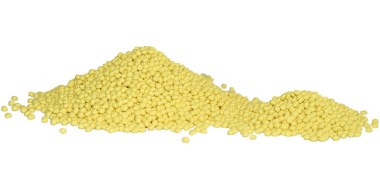
2005
The acquisition of mht Ludwigsburg enabled Zeppelin to make deeper inroads into the PVC processing and compounding markets.
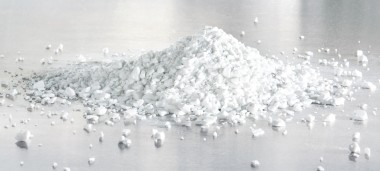
2005
Beside the plastic industry, which is a classical market for Zeppelin, we were able to make a step into the plant engineering for minerals and fine chemicals with the takeover of FTF Fördertechnik Freital. At the same time this means a regional strengthening towards Eastern Europe.

2007
Acquisition of the bulk material technology division of Chronos Richardson and the establishment of Zeppelin Systems in England.
Chronos Richardson had traditionally good access to the Asian markets in the area of carbon black processing and metering technology. Through the purchase of the corresponding business unit in England, Zeppelin was able to expand its Asian business in this field and build up a base in England at the same time.
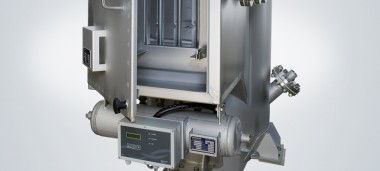
2007
The acquisition of FAT Filtertechnik enabled the company to build up its own filter technology product range and develop special filter applications in process technology.
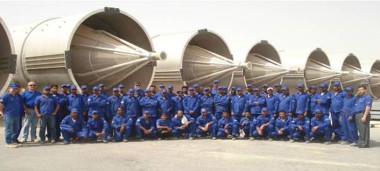
2008
The strong growth in Arab countries required a greater presence and project management in this growth region. The foundation of Zeppelin Systems Gulf also created a production base for silos as well as a regional base for the other business fields.

2009
The rapid development in India was the reason behind the company strengthening its existing subsidiary through the acquisition of additional engineering services. The acquisition of Alpha Engineering formed the basis for further growth opportunities in India.
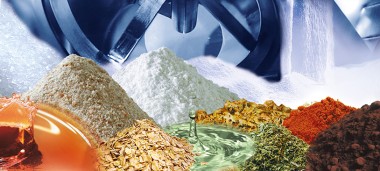
2009
The acquisition of Reimelt Henschel enabled the expansion of the existing business fields to include food technology, mixing technology and the processing of liquids. For the first time, existing international networks were linked to one another. Zeppelin thus acquired additional bases in Europe, the USA, Asia and Australia.

2010
The foundation of Zeppelin Systems Shanghai.
Developing the Chinese market required the establishment of a joint venture with a Chinese partner in order to combine Zeppelin's know-how with the market requirements in China.
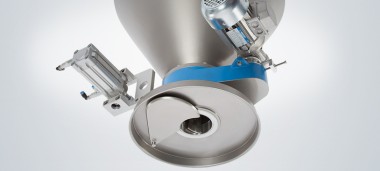
2012
The acquisition of the KOKEISL metering technology enabled Zeppelin to further increase its expertise in metering technology.
